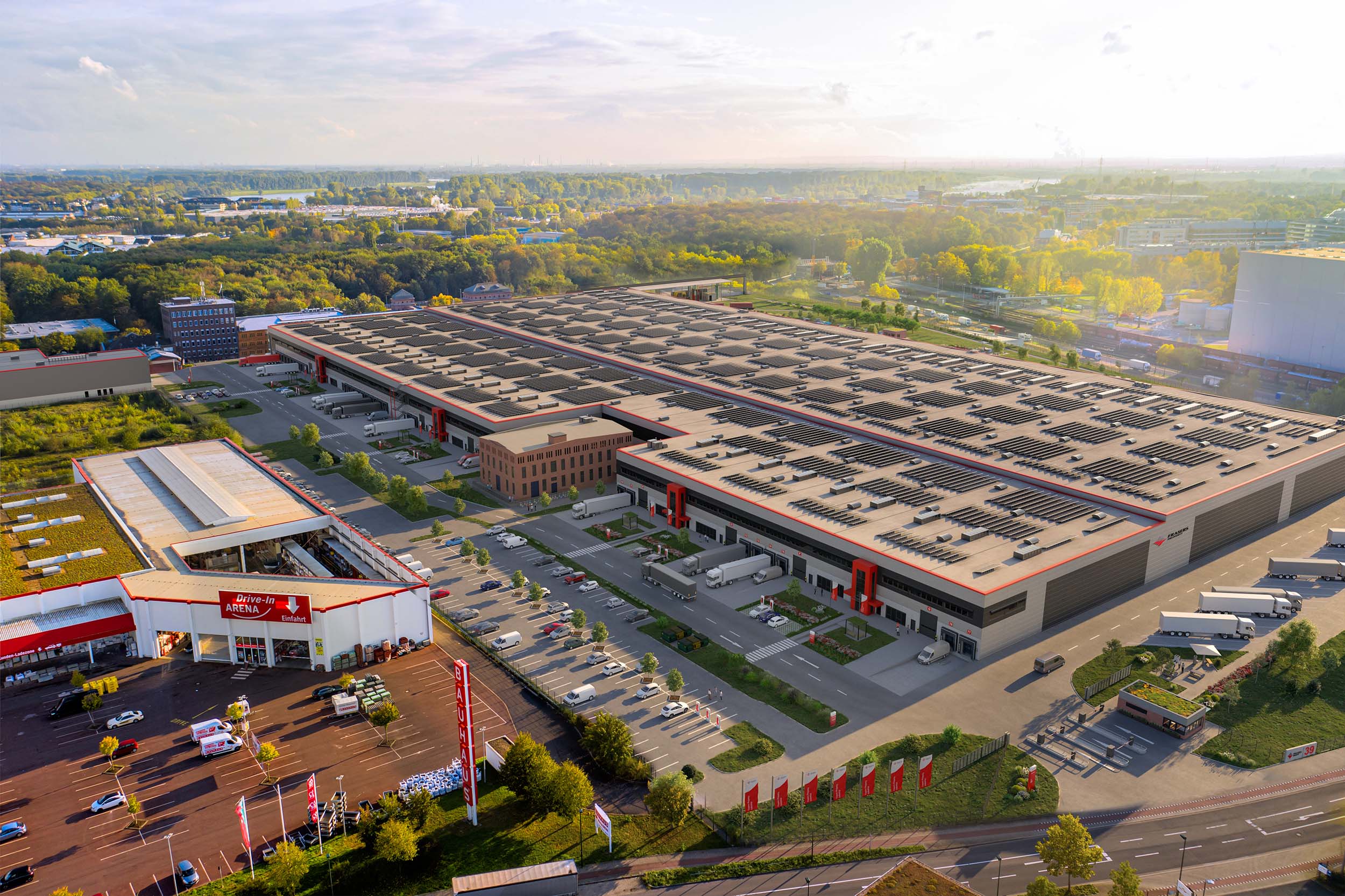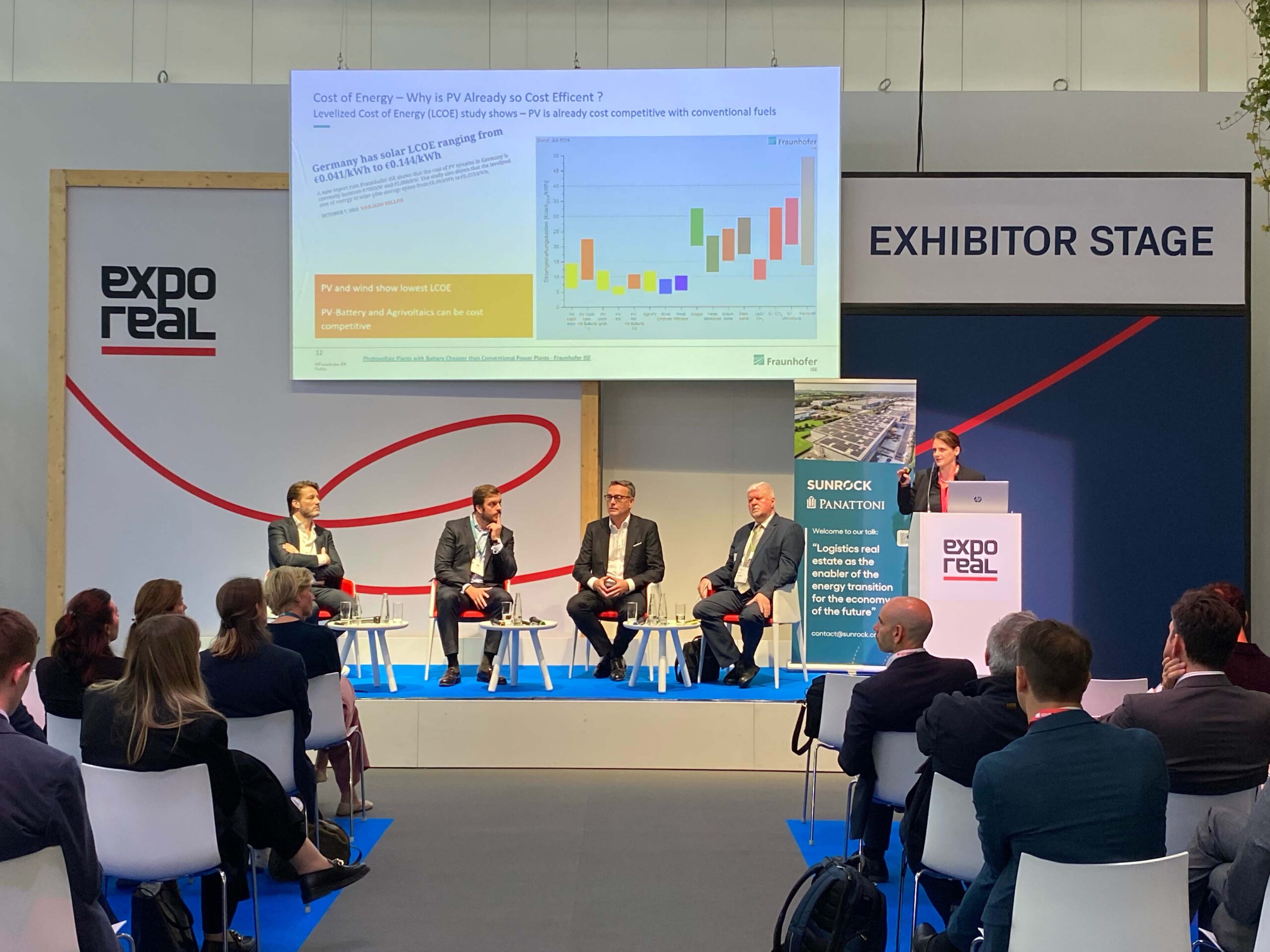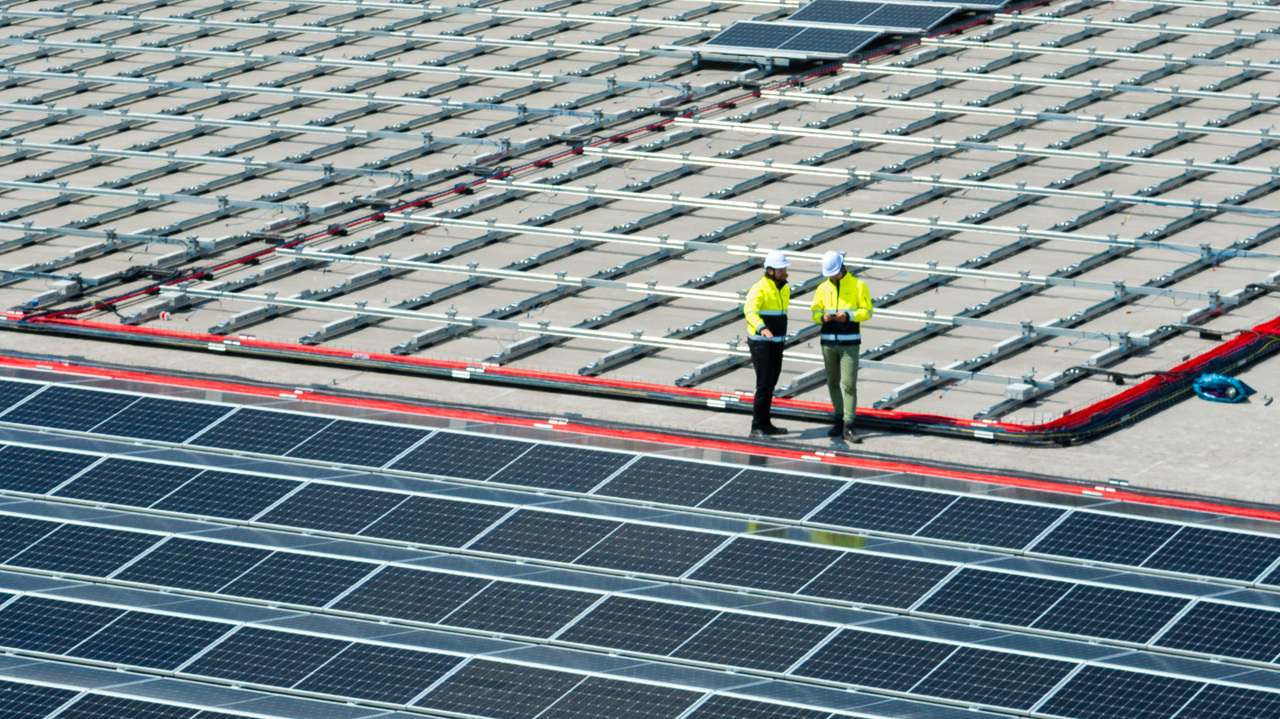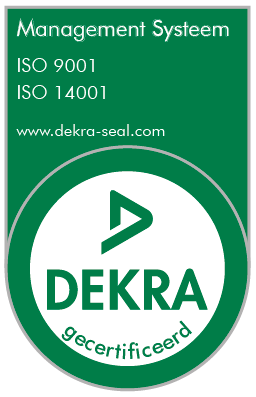Navigating Regulations
The Importance of Collaboration
“You need to be able to rise above your own interests for the common good and talk to competitors to really move forward. At SolarPower Europe, the trade association for the European solar power sector, of which Sunrock is also a member, we exchange industry information and jointly lobby for topics that support our mission to provide our clients with clean energy. We discuss the future of the flexible energy market and what’s needed, such as the development of energy hubs.”
The Starting Point
“We help them not only to generate energy but also to manage their energy consumption smartly. This ensures continuity of daily operations. We look at flexible solutions for companies to be effective in their energy consumption in the future. This way, they can operate within the available grid capacity, even if electrification increases. When you use the energy you generate, for example with solar panels, directly in production, it also counts as energy saving according to the National Energy and Climate Plan (NECP).”
The Real Energy Balance
Industry and government must work together to remain forward-looking and create room for solutions. This remains a combination of decentralised and centralised energy policies to continue encouraging companies to invest in sustainable energy. Kahya stresses that standardisation of policy is truly needed in this context. “It requires both technical and legal consistency so that both small and large companies can participate equally.”
According to Kahya, this is necessary to properly establish energy hubs, where multiple companies share their energy supply. She cites Canada as an example, where national EPC contract standards significantly improved project efficiency. “Once you have a certain degree of standardisation, your supply chain is also simpler. Once you have an easy supply chain, you have more time to make the processes transparent. Then the circle is complete.”
Want to know more about the strategic approach to your energy policy? Contact the team at Sunrock’s Next Energy Solutions. Merel Osinga: m.osinga@sunrock.com



